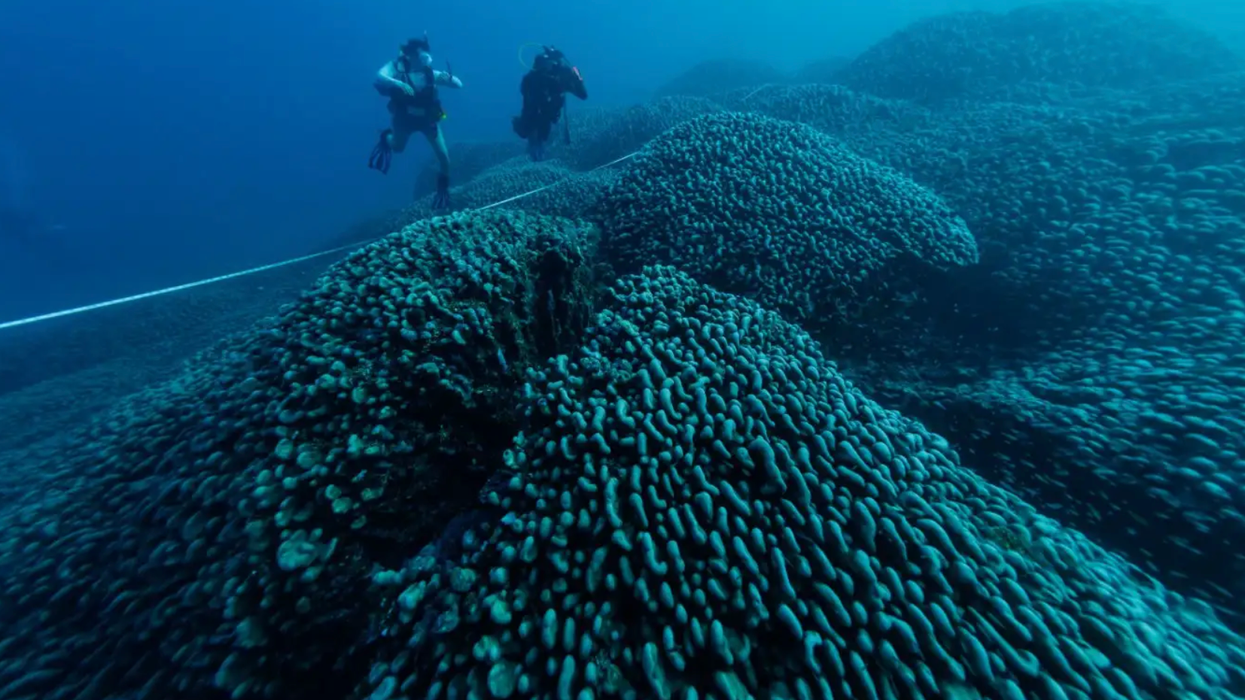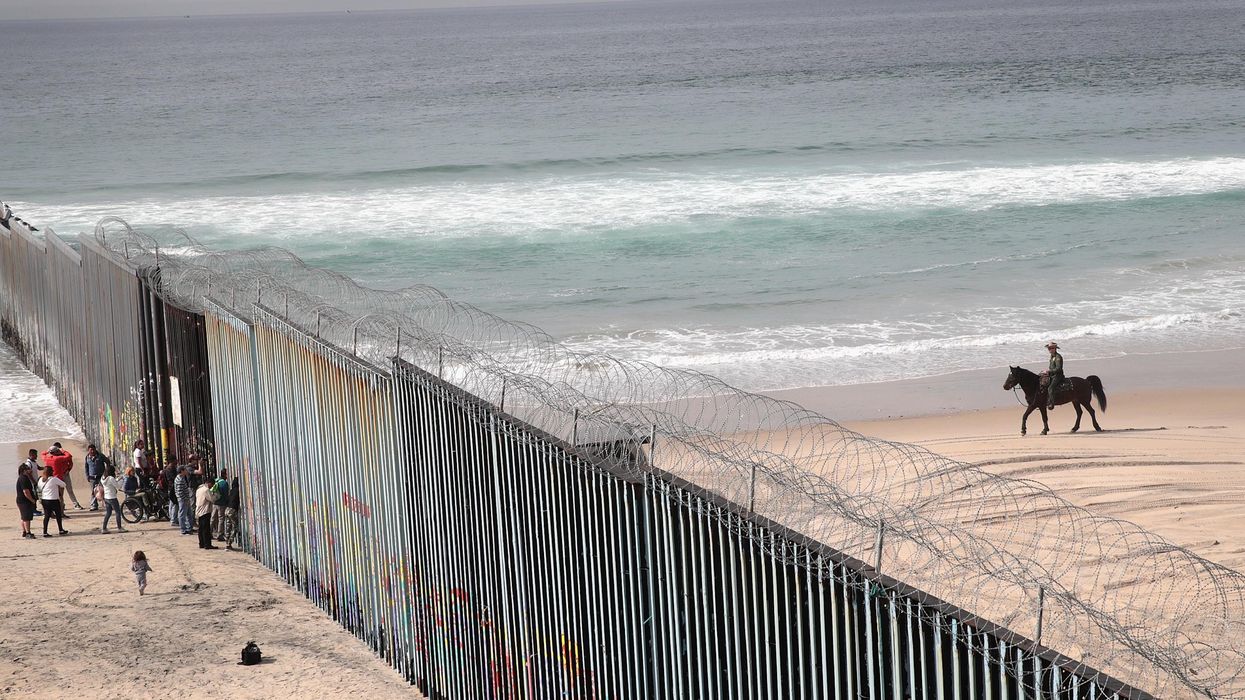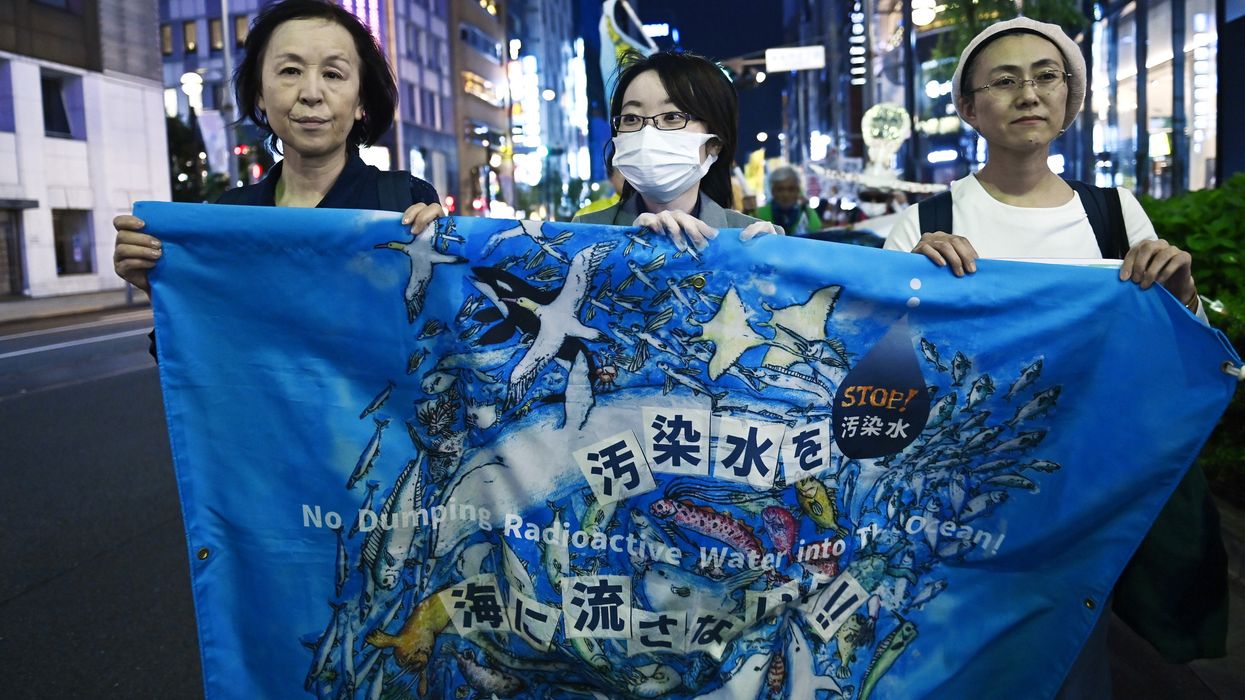World's Largest Coral Found in Pacific, Unharmed by Planetary Heating
"While the nearby shallow reefs were degraded due to warmer seas, witnessing this large healthy coral oasis in slightly deeper waters is a beacon of hope."
Scientists announced on Thursday their discovery of the largest coral ever documented off the coast of the Solomon Islands in the South Pacific Ocean and celebrated the fact that the massive underwater ecosystem appears to be unharmed by planetary heating—but said the discovery underscores the need to urgently protect marine environments.
Scientists and filmmakers from National Geographic's Pristine Seas research program, which aims to push governments to protect the oceans, visited a remote site near the Solomon Islands in mid-October, and initially thought the large object just below the ocean's surface was part of a shipwreck.
Cinematographer Manu San Félix dove into the water to examine the object and found that it was actually a huge network of coral polyps.
The coral was found to be 34 meters (111 feet) wide and more than five meters (16 feet) high—larger than a blue whale and big enough to be viewed from space.
The mega coral, or pavona clavus, is thought to be about 300 years old, and scientists said it could provide insight into historical conditions in the world's oceans.
"Protecting the reef cannot make the water cooler, cannot prevent the warming of the ocean. We need to fix that, we need to reduce carbon emissions."
Enric Sala of the Pristine Seas project compared the discovery to "a big patch of old growth forest," telling New Scientist that the coral, which is not showing signs of the bleaching observed in a growing number of reefs around the world, is providing shelter and sustenance to fish, shrimp, worms, and crabs.
"Large adult coral colonies like this contribute significantly to the recovery of coral reef ecosystems due to their high reproductive potential," Eric Brown, a coral scientist told Euronews. "While the nearby shallow reefs were degraded due to warmer seas, witnessing this large healthy coral oasis in slightly deeper waters is a beacon of hope."
But Sala told Euronews that the coral is not necessarily "safe from global warming and other human threats."
Record-breaking ocean temperatures have caused coral bleaching events across the planet over the past two years, impacting biodiversity in the world's oceans as well as increasing the risk of sea-level rise and impacting tourism industries in coastal areas.
Sala said the discovery should push governments to protect more of the world's oceans. About 8.4% of the Earth's ocean is under a marine protected area (MPA) designation, and the Biodiversity Beyond National Jurisdiction treaty was finalized in 2023, pledging to protect the biodiversity of the oceans.
Establishing more MPAs alongside climate action, Sala said, will help shield coral like the one found near the Solomon Islands from pollution and the effects of planetary heating.
"Protecting the reef cannot make the water cooler, cannot prevent the warming of the ocean," Sala told New Scientist. "We need to fix that, we need to reduce carbon emissions. But MPAs can help us buy time by making the reefs more resilient."


